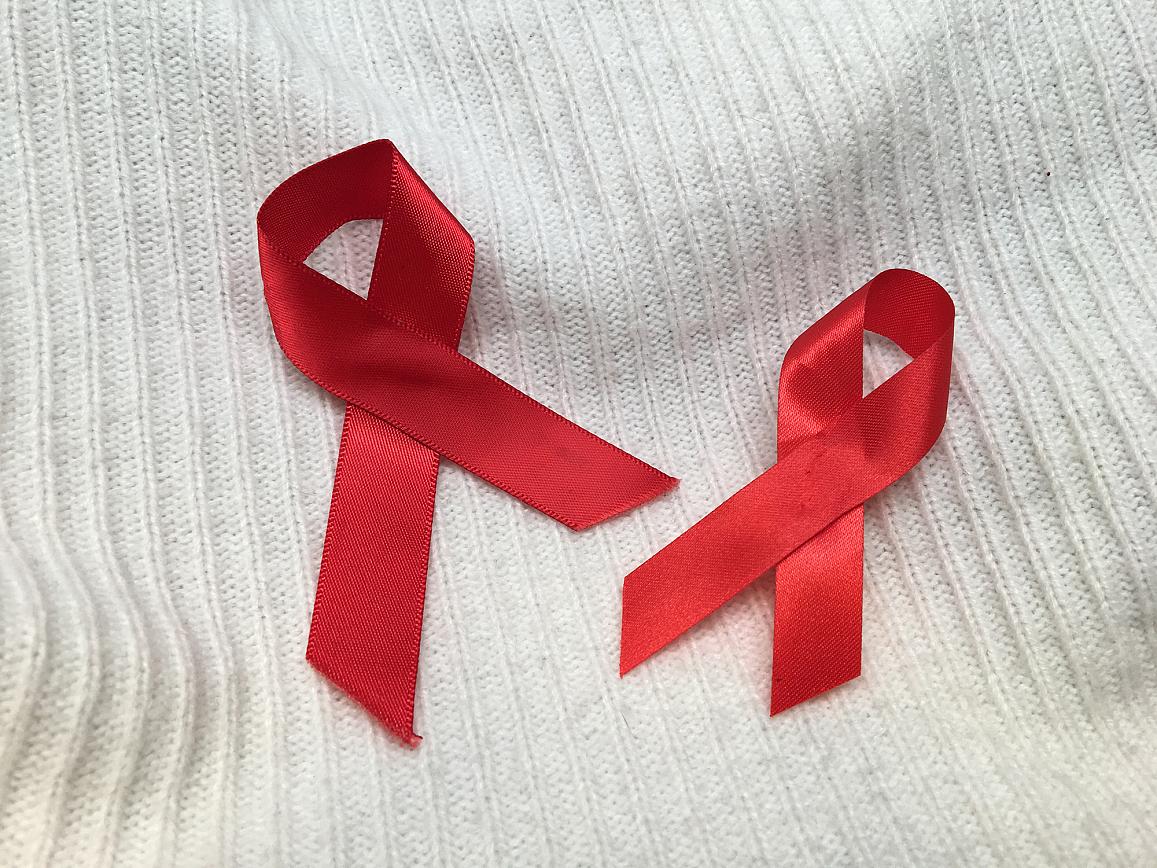HHS Advisory Committee Gets Update on Organ Transplantation Between Donors and Recipients With HIV

Some of the nation’s leading transplant physicians recently shared updates with the HHS Advisory Committee on Blood and Tissue Safety and Availability (ACBTSA) about research into the safety and effectiveness of the transplantation of organs from HIV-positive donors into HIV-positive recipients. These life-saving kidney, liver, heart, and lung transplants are authorized under the HIV Organ Policy Equity (HOPE) Act.
The series of presentations to the ACBTSA during their November 17, 2022, virtual meeting included one on the history of the HOPE Act and others on the evidence accumulated from kidney, liver, heart, and lung transplants that have been conducted between HIV-positive donors and recipients. Subsequently, the Committee discussed and approved a recommendation to the HHS Secretary that such kidney and liver transplants between HIV-positive donors and recipients become the standard of care in the U.S., no longer limited only to research settings but governed by the same guidelines as all other organ transplants. The Committee also recommended updated guidance for HIV-positive heart and lung transplants. Note: These are recommendations for review by the HHS. Secretary
ACBTSA is a 29-member federal advisory committee that provides advice to the Secretary of Health and Human Services through the Assistant Secretary for Health on a range of policy issues related to blood, blood products, organs, and tissues. For solid organs, the Committee’s work is limited to policy issues related to donor-derived infectious disease complications of transplantation. The HHS Office of Infectious Disease and HIV/AIDS Policy provides support to the ACBTSA’s activities. Read more about the Committee and its members.
Background on the HOPE Act
Prior to the passage of the HOPE Act in 2013, federal law prohibited even the study of whether transplants between HIV-positive people could be done safely and effectively. The HOPE Act authorized such studies in the United States only under research protocols issued by the NIH. The presenters at the November 2022 ACBTSA meeting have all been involved in transplants conducted since NIH issued the research protocols in 2015. The research findings presented come from two large NIH-funded clinical trials—the HOPE in Action Multicenter Kidney Study (launched in 2018) and the HOPE in Action Multicenter Liver Study (launched in 2019)—at transplantation centers across the United States to compare clinical outcomes among people with HIV who receive organs from deceased donors with HIV to those who receive HIV-negative organs.
To learn more about the HOPE Act, see these prior HIV.gov blog posts:
- HOPE Act to Facilitate Organ Recovery from HIV-positive Donors
- Criteria Published for Research into Organ Transplantation from One Person with HIV to Another
- NIH Clinical Trial to Track Outcomes of Kidney Transplantation from HIV-Positive Donors to HIV-Positive Recipients
- Kidney Transplant from Living HIV-positive Donor to HIV-positive Recipient: What Does This Mean?
- NIH Clinical Trial to Track Outcomes of Liver Transplantation from HIV-Positive Donors to HIV-Positive Recipients
- Organ Donors – A Q&A with HIV Transplantation Experts
- Kidney Transplantation Between People with HIV is Safe, NIH Study Finds